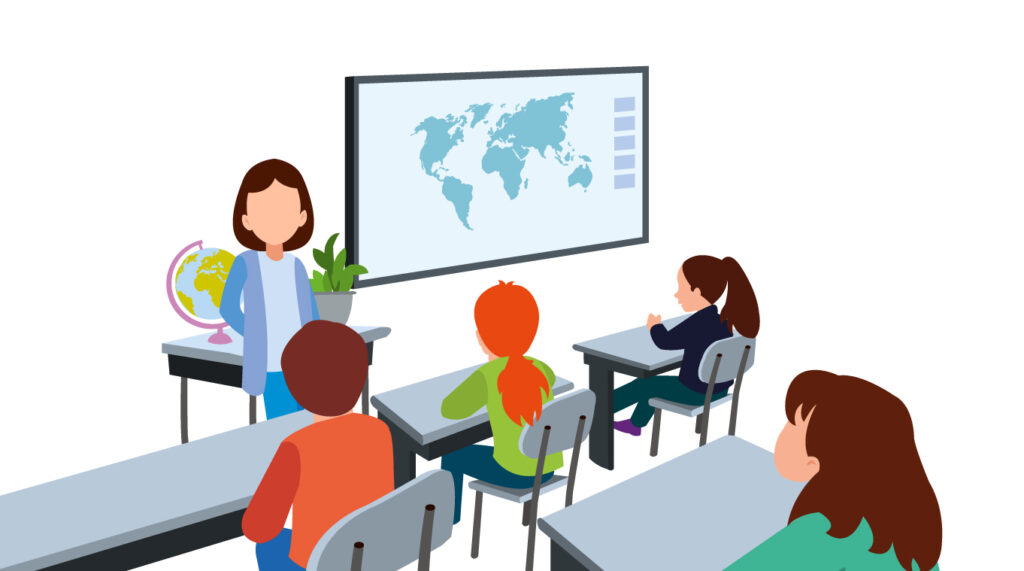So far, I’ve been trying to convince individuals to reconsider their relationship with consumption. I think the message for the individual is so compelling that just about anyone who understands it, is likely to reconsider their relationship with many of the things we spend money on these days.
Society and Mindless Consumption – A Solution
But it’s urgent and imperative that not only the individual escapes the endless chase for the unending desire for more but that society as a whole move past our unhealthy obsession with mindless consumption and GDP growth. First of all, we are a people not cogs in a machine. We are interested in our health, our wellbeing and ultimately our happiness. We are not interested in increasing productivity just for the sake of productivity. Certainly not at the expense of our health and wellbeing.
As proposed in Health in Flames, a few policies will help us to change directions as a society. In this post, I’ll discuss the first of these.
Our Goal is Happiness not Productivity
As I wrote in a previous post, our goal in life is happiness or what academics call subjective well-being. As you might imagine, we know quite a lot about the science of happiness or wellbeing. Oddly, given that this is our fundamental goal in life, most people are unaware and have never been taught what those factors are.
In contrast to that which brings us pleasure, what impacts happiness is largely free of cost. Those are the kinds of things that engage the body, the mind or the soul of a person in some way. Among them are those that engage the mind including intellectual pursuits, goals. Those factors that engage the body including exercise, nourishing healthy foods, good health and those that engage the soul including a sense of control over one’s life, social connections with those we love, and having a sense of purpose and meaning to one’s life. Note once again that except for the cost of food, all these factors are just about free of cost.
Relationship Money vs Happiness
The relationship between money and happiness is complicated but it is a fascinating read. The short version is this: it’s not so much what money buys that impacts happiness but rather what money provides. Thus money provides one a sense of agency or freedom to do what they want with their time. It provides security. Money enables one to choose the sort of work they want to do. It enables one to have the amount of leisure time they need.
Now it turns out that one does not need to become fabulously wealthy to enjoy these benefits. A person who is financially independent of their employer also realizes those same benefits. In essence, by aiming for financial independence instead of becoming fabulously wealthy, one can take a shortcut to happiness.
Policy: Teach the Science of Wellbeing in School
Once you’ve understood this, you know enough to derive the first of the policies we need to move society past mindless consumerism and towards improving our health and wellbeing. That starts with teaching the science of wellbeing to our children. As our children start to understand the relationship between money and happiness, they can be taught to invest far more of their income than even most financial experts think is possible. The result is that they are likely to achieve financial independence at a relatively young age. Some may get their even before their parents !
To be clear, that does not necessarily mean they should then retire. I should hope that is not the case for many. Life suddenly gets to be much more interesting once financially free. It really is not a hard sell. Children (like all of us) are naturally inclined to choose to do what is in their own best interest. Financial independence gives them the freedom to live the life they choose instead of being trapped into having the large part of their time controlled by their boss. Some will choose to stay where they are. Many others, I suspect, will leave their current employers and choose different work. Work provides meaning and purpose and is worth it for it’s own sake apart from the money it generates.
Policy: Teach Basic Investing in Schools
Of course, knowing the science of wellbeing alone which teaches us that we can be happy without mindless spending is helpful but that alone does not equate to financial independence. What’s needed is then to teach some very basic investing principles (most of which is covered in this post) along with the science of wellbeing. Thus, we can teach our kids that by consuming less, we can invest more and thereby become financially independent of our employers.
If we can implement these two educational interventions into the school curriculum, we can start to address mindless consumerism which has thus far detracted from our health and thereby our wellbeing and happiness.

